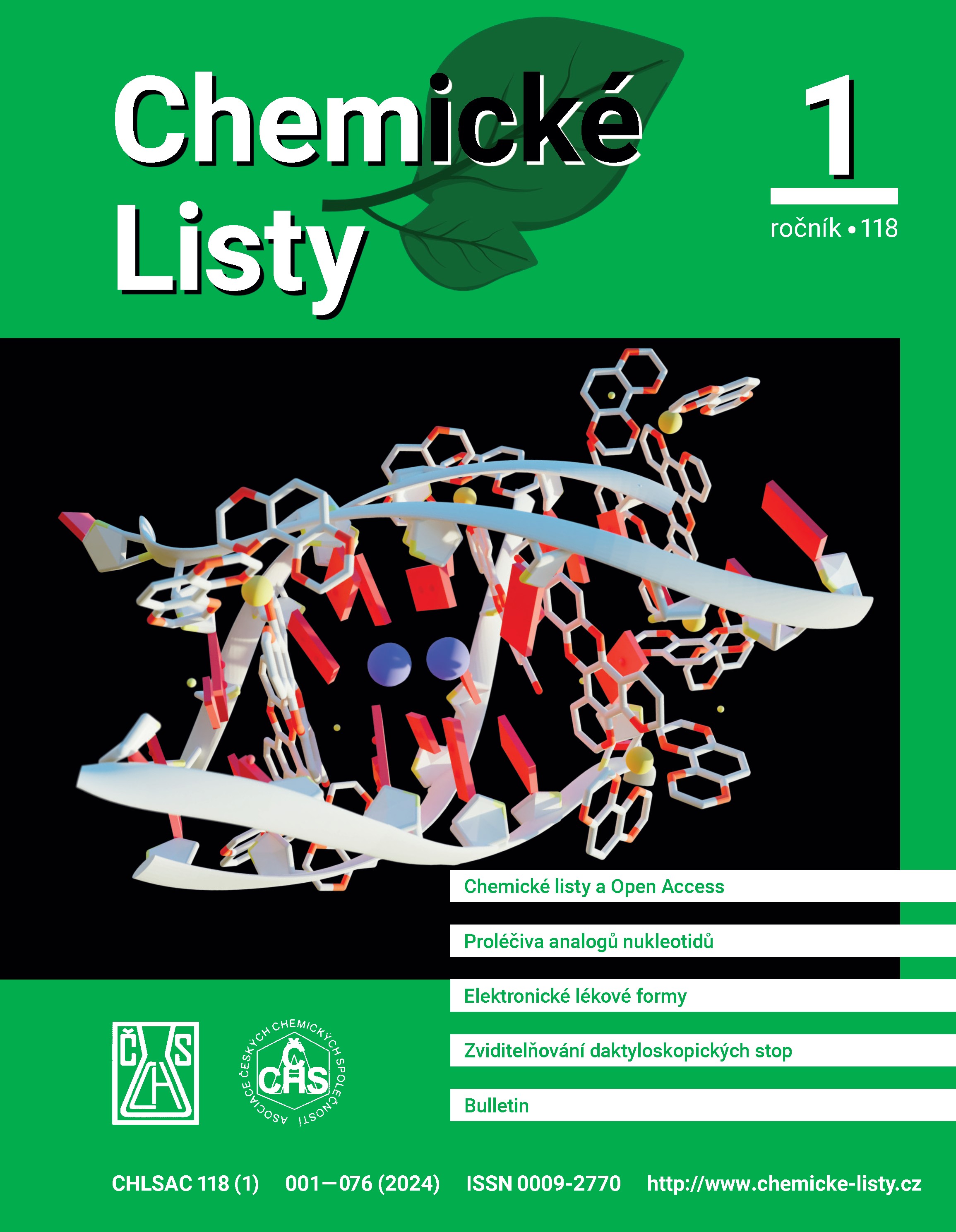Risk Assessment of Potential Injury during School Chemical Experiments Supported by the Database of Safe and Didactically Validated Procedures e-BEDOX
DOI:
https://doi.org/10.54779/chl20240035Keywords:
school chemical experiment, chemistry education, hazardous chemicals, risks assessment, Ishikawa diagram, e-BedoxAbstract
Considering the importance of the use of experiment as a source of knowledge in chemistry and its teaching, it is necessary to pay attention to the risks of its implementation. The text presents the procedures and results of a risk assessment of 101 selected school chemical experiments that are used in lower secondary school practice, including their inclusion in textbooks, as well as in leisure activities. The actual risk assessment of these chemical experiments has been carried out using the Ishikawa diagram, also known as the cause and effect diagram, in order to highlight the possible hazards involved in their conduct. In relation to the identified risks, the existing instructions for all selected experiments were evaluated and new information and safety instructions were added to meet the requirements for safe and didactically validated procedures according to standard CSN 01 8003. As the processed experiments contain chemicals of virtually all hazard classes, it is very important that all real risks are taken into account when using them in schools. The entire set of produced materials, including the original video recordings, has been processed into an electronic database e‑BEDOX, which is available at: https://ebedox.cz.





